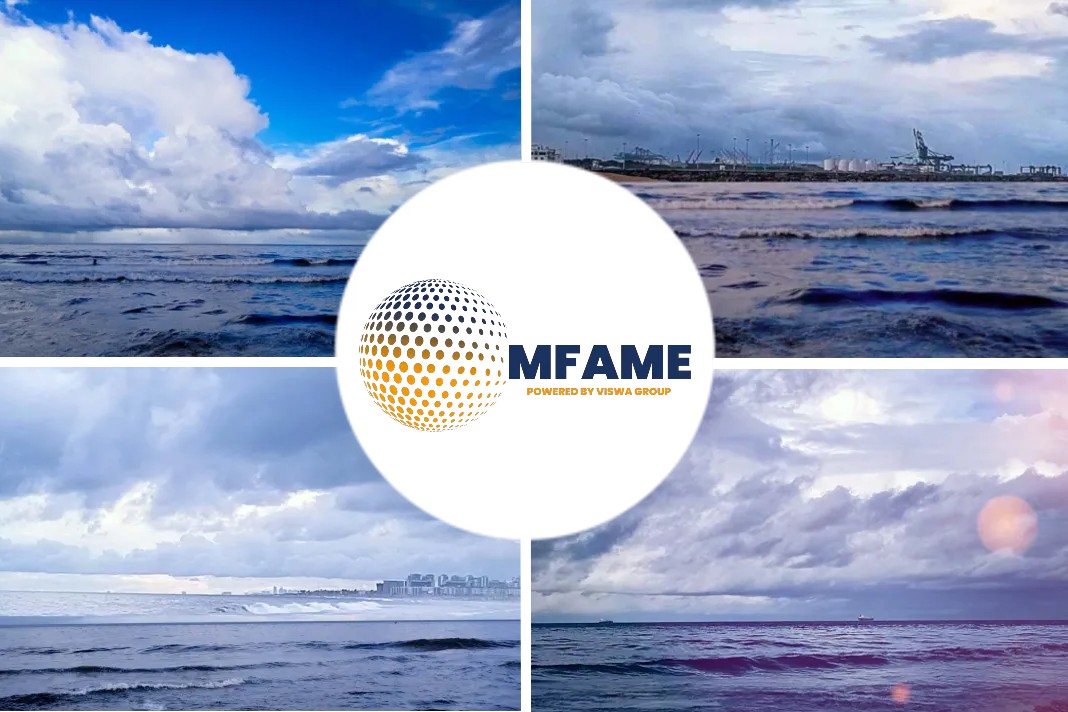- In a recent report it was revealed that Liz truss’s phone was hacked by Russia, which may have contained sensitive information about the Ukraine war.
- According to NATO terrorism, political corruption, migration are some of the examples of hybrid warfare.
- Fracking is becoming a topic of discussion these days as some believe that it could reduce Uk’s energy dependency while some are wary because it has its own risks.
While Britain is not currently exchanging fire on a battlefield, it is becoming clear that the country is under attack in this age of hybrid warfare, as reported by the Scotsman.
Stolen information
Recent reports of Liz Truss’ phone being hacked by Russia, which may have contained sensitive information about the Ukraine war, or the recent attack on the Nord Stream gas pipeline in the Baltic Sea.
Which is being investigated as an act of sabotage, endangering a UK already reeling from an energy crisis, are just two examples of possible hybrid warfare.
Peak hybrid war
According to the Epoch Times, Casey Fleming, CEO of business warfare and counterintelligence firm BlackOps Partners, described hybrid war as follows: “You’re in World War III today.”
“It’s known as hybrid warfare. We’re not aware of it, and we don’t understand it. But you’re in it, you’ve been in it, and it’s peaking and maturing now.”
But, what exactly is hybrid warfare, and has Russia declared hybrid war on the United Kingdom? Here’s what you should know.
Unconventional warfighting
Throughout history, war has typically been fought on the battlefield between two distinct states in a defined geographical area.
However, in today’s globalized world, this has changed – as technology advances, so do our adversaries, who employ more sophisticated war tactics beyond the traditional methods.
Hybrid warfare refers to modern and unconventional warfighting methods that can manifest in politics, economics, and even cyberspace.
Terrorism, migration, political corruption, and divisive propaganda are examples of hybrid warfare, according to NATO.
Russian Accusation
Earlier this year, Russian Foreign Minister Sergei Lavrov accused Western countries of waging a “total hybrid war” against Russia.
On the 80th day of the Ukraine conflict, Lavrov spoke of the “hybrid war” and how long it would last, highlighting the numerous sanctions imposed by the West on Moscow.
“The collective West has declared total hybrid war on us,” he said, “and it is difficult to predict how long all of this will last, but the consequences will be felt by everyone, without exception.”
“We are no strangers to sanctions: they were almost always present in some form or another.”
Sabotage incidents
Following Sergei Lavrov’s comments on hybrid warfare, several incidents of alleged sabotage have occurred, including the cutting of the Shefa-2 cables connecting Scotland, the Faroe Islands, and Shetland.
Some dismissed this as an “accident” caused by a “fishing vessel,” but it was noted that a Russian research vessel was in the same area, and it is suspicious that two separate cables were cut in the same day.
Only a few days prior, three fiber-optic cables in the Mediterranean near Marseille were cut, potentially disrupting technology and affecting the internet in Europe, the US, and Asia.
Other incidents, such as the attack on the Nord Stream offshore natural gas pipelines that run beneath the Baltic Sea, demonstrate how hybrid war is evolving.
This potential attack occurred outside the conflict zones and exclusive economic zones of Germany, Poland, Sweden, and Denmark, demonstrating how damage can be done outside of war zones.
Economic crisis
As the UK struggles with an economic crisis, it is very concerning that the Nord Stream gas flow cuts have increased the price of gas in Europe and Britain.
This is also why fracking has recently become a hot topic, as some argue the gas extraction method could reduce the UK’s energy dependence, while environmental activists oppose it due to its risks.
Russia’s allies
Following Russia’s invasion of Ukraine, which prompted strong condemnation from governments around the world.
And sparked speculation about whether we are entering a third world war.
Much of the news media spoke of Russia’s isolation, while others argue that the country has many potential allies or geopolitical partners.
For instance, Germany and Russia could be seen as having a geopolitical alliance. Before Russia invaded Ukraine because, according to reports, Germany imported 55% of its natural gas.
Similar circumstances apply to other European countries and the United Kingdom. Which received £4.5 billion in gas, oil, and coil from Russia in 2021, according to the parliament website.
According to Globely News, Russia’s top allies or geopolitical partners in 2022 are as follows: Belarus, China, Kazakhstan, Armenia, Azerbaijan, India, Syria, Venezuela, and Cuba.
Did you subscribe to our Newsletter?
It’s Free! Click here to Subscribe.
Source: The Scotsman

















